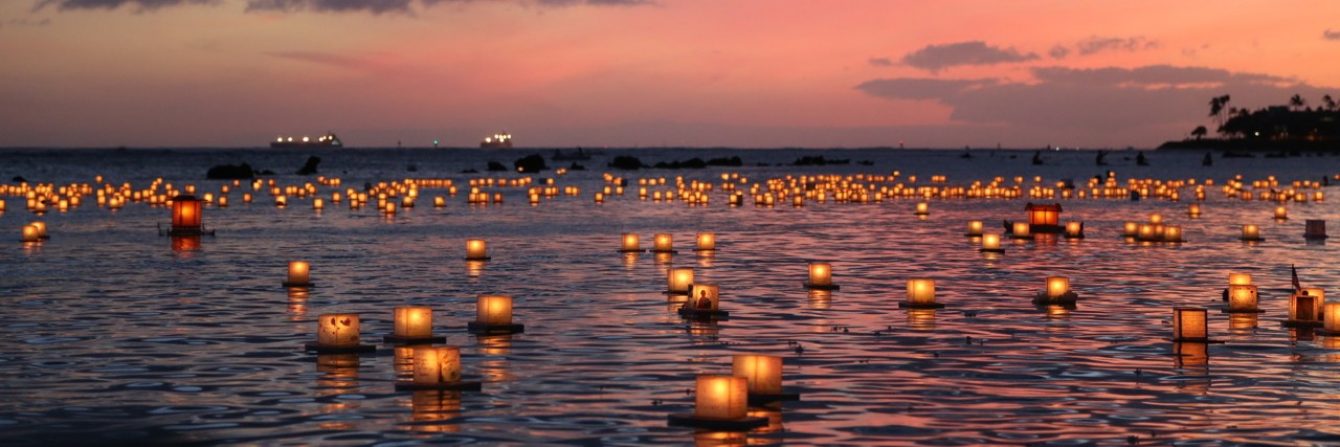Annual conference of ESREA – European Society for Research on the Education of Adults Life History and Biography Network, Canterbury, March 2016
‘Resources of Hope’: The place of hope in researching learning lives
The Annual Conference in 2016 will be held in Canterbury, England, in the beautiful grounds of Canterbury Cathedral, from Thursday 3rd to Sunday 6th March 2016
Second Call for Papers
Conference website link www.canterbury.ac.uk/education/resources-of-hope There is a huge amount of information on the website about the conference. its themes and the background and history of ESREA, so I recommend a look there if you would like to find out more. Below are the key questions that the conference hopes to address and details for submission of abstracts.
Issues for the conference to address:
Where and why do we see the most important resources of hope to lie: in intimate or social life, in private, sacred spaces, or in material relationships and democratic experience? Or all of these dimensions?
What are the resources of hope that enable people to keep on keeping on, or for transformation?
Can the sites of adult education survive the colonisation of space by dominant economic agendas and the grip of homo economicus?
Do teachers and learners have the same resources of hope in an era of audit and commodification?
Is hope a motivator towards adult learning and is education necessarily a source of hope?
What are the potential manifestations and implications of hopelessness?
Can hope become a delusional fantasy or a denial of reality in an increasingly divided and troubled world?
Deadline for submission of abstracts for papers and proposals for symposia/workshops: 12th October 2015
Please send your proposals to: gill.harrison@canterbury.ac.uk
Abstracts (WORD format) should have no more than 500 words, Times New Roman, 12 points. The title of the abstract should be clear. Your name, institutional affiliation, phone and email should NOT be included in the abstract, but be on a separate page.
Proposals will be blind reviewed; acceptance will be announced by mid November 2015 and people will be informed about the range of papers and symposia, so as to think about whom they might wish to talk to prior to the conference, and or present together, or form a symposium panel or round table.
Final papers (3000 – 5000 words) should be submitted by 31st January 2016
We are asking for final papers by this date to encourage delegates to engage with the content of the conference and to facilitate networking before and during the conference

You must log in to post a comment.